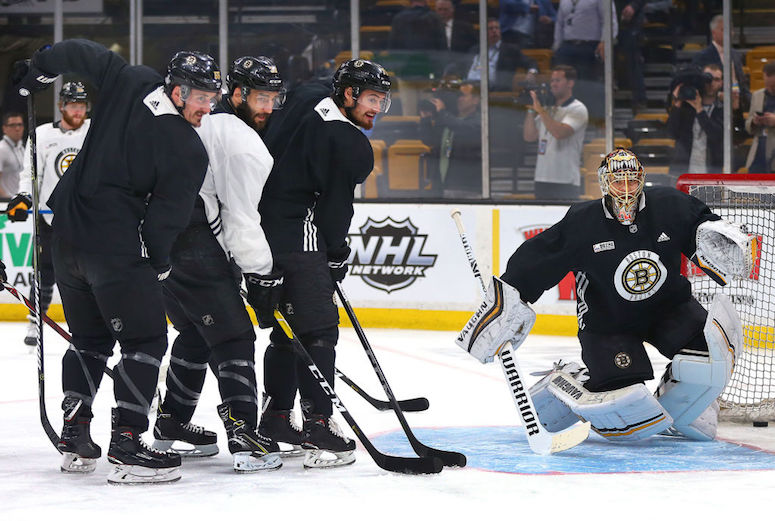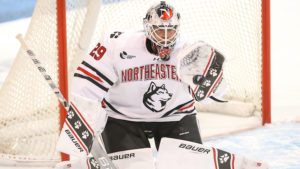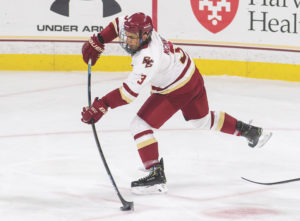
“The magic bullet is that there is no magic bullet.” — Old running proverb
With the start of the high school season, I wanted to spend a few minutes talking about practice. And not the Allen Iverson, “Practice? Man, we’re talking about practice” version, either. Because, in reality, while the former NBA All-Star guard got a lot of play with his “too cool to practice” diatribe, he wasn’t being completely honest. That’s because Iverson, before he reached NBA stardom, had practiced his craft endlessly.
In fact, he probably practiced as much, if not more, than most of his contemporaries. That’s how undersized basketball players like Iverson and Isiah Thomas and Steve Nash become great. So I’m going to take a much more positive approach to practice.
If you’re going to play sports, practice is a fundamental part of the game. If you want to be any good, it’s absolutely essential. Years ago, I attended a running camp outside of Boone, North Carolina. Woefully out of shape at the time, I asked the lead coach if there was any way I could “fast track” my fitness to get up to speed a little more quickly. That’s where I sadly was informed: “The magic bullet is that there is no magic bullet.” Former pro mountain biker Peter Webber Jr. had told me pretty much the same thing years earlier: “Whatever fitness you’ve got in the week leading up to race day, that’s the fitness you’ll have on race day.”
In short, there are no shortcuts to prime-time performance. The way you play in a game, outside of the occasional gaffe, is usually determined by how you spent the weeks and months beforehand. Did you get into the best shape possible? Did you work on your weaknesses as well as your strengths? Did you communicate effectively with coaches and teammates to make sure everyone is on the same page? All of these are important to putting forth your best effort, and the team’s best effort, on game day. And that means being dedicated to your training and, yes, practice.



